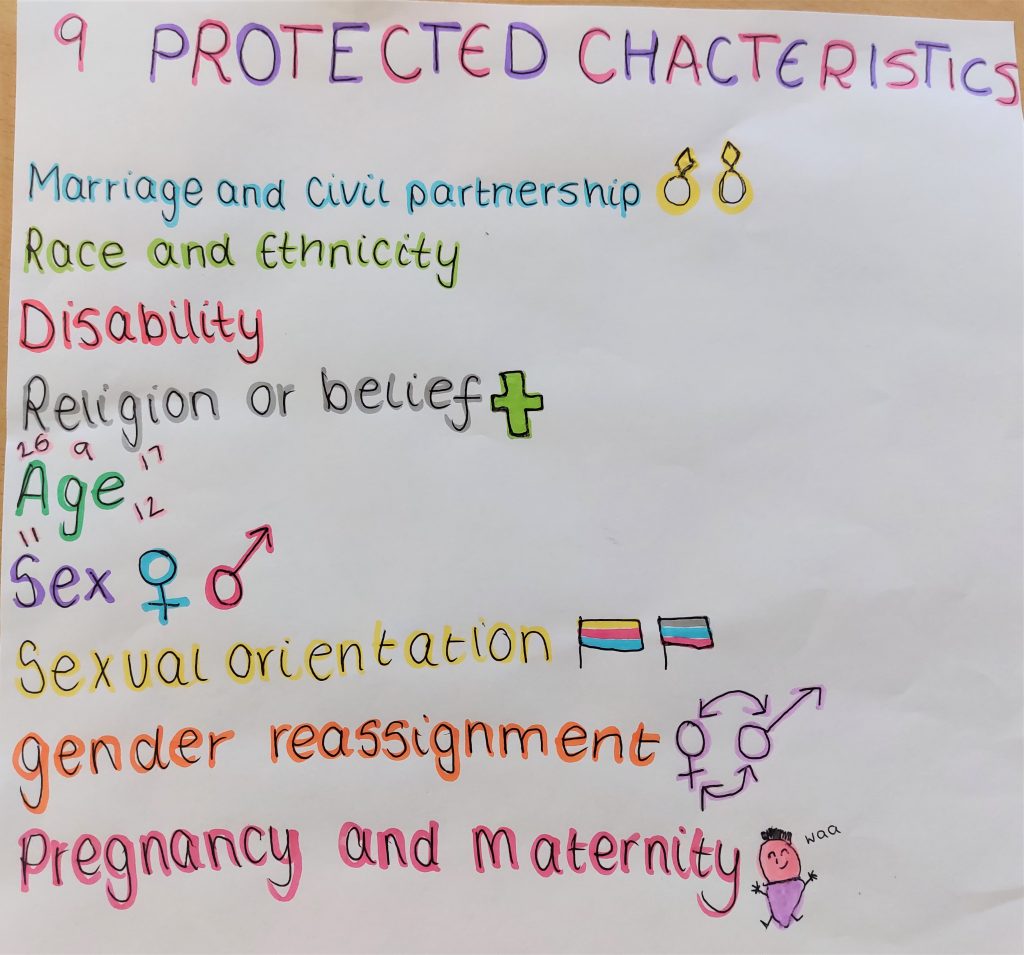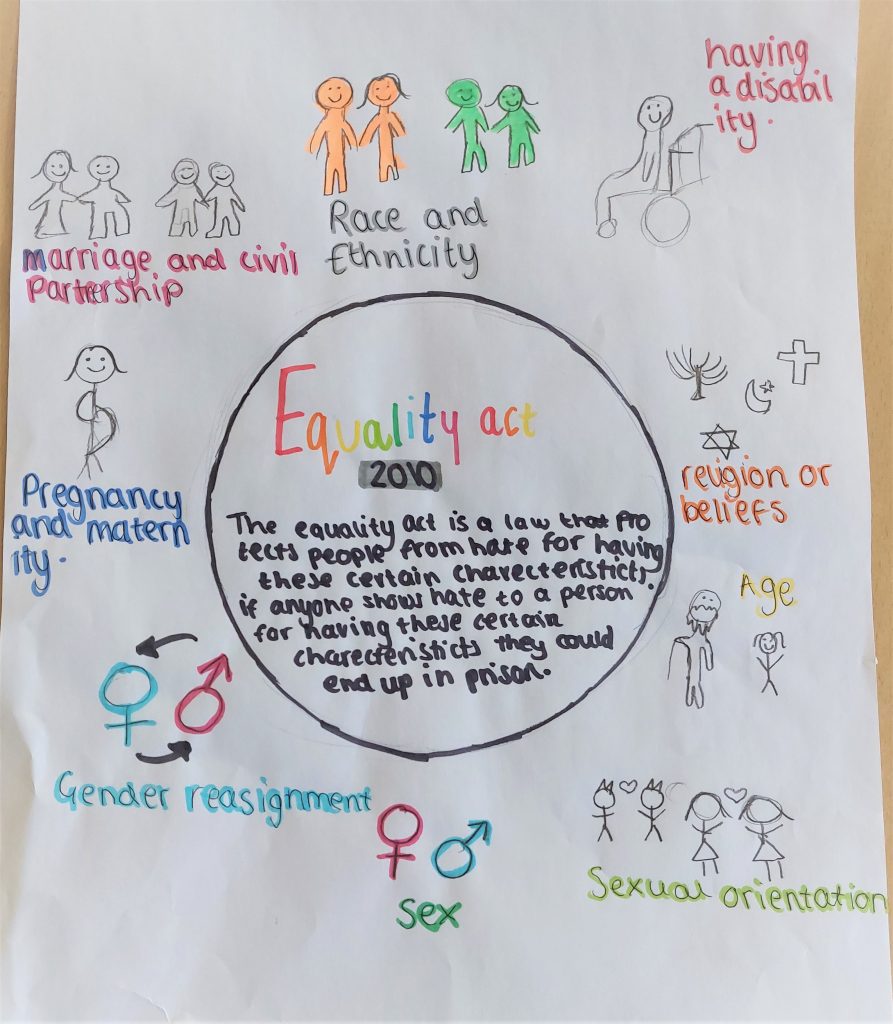Personal, Social, Health and Economic Education and Citizenship
sandbach high school
General information
PSHE Education in Secondary Schools: A Summary
PSHE (Personal, Social, Health and Economic) education aims to help our young people stay healthy, safe, and prepared for life and work in modern Britain.
Most of PSHE became statutory in September 2020, through requirements for Relationships Education, Relationships and Sex Education (RSE), and Health Education. These statutory elements are complemented by non-statutory, but strongly recommended areas such as economic wellbeing, careers education, and personal safety.
Core Themes
Our PSHE programme of study is organised around three core themes which are addressed across Key Stages 3 and 4:
Relationships
This theme covers understanding different kinds of relationships (family, friendships, romantic), consent, respecting others, internet safety and online behaviour, and how to manage conflict or challenging interpersonal situations. It also incorporates the statutory elements of RSE. fs.hubspotusercontent00.net+2pshe-association.org.uk+2
Health and Wellbeing and Living in the Wider World
Pupils develop knowledge, skills, and attributes to maintain physical and mental health. Topics include emotional wellbeing, recognising and managing risk (including drug and alcohol misuse), sexual health (within RSE), healthy lifestyles, and managing changes (such as puberty). This area includes economic wellbeing, careers education, rights and responsibilities, respect for diversity and community, financial literacy, and preparing for future roles as citizens in society. It includes helping pupils develop skills for decision-making, managing influences, and accessing support when needed.
Curriculum Lead
Mrs E Hennessy (PSHE and Citizenship Lead for KS3&4)
Mr A Leonard (KS5 Life Choices Co-ordinator)
Curriculum
Citizenship is a statutory subject in the National Curriculum for Key Stage 3 (ages 11-14) and Key Stage 4 (ages 14-16) in England. The subject aims to equip students with the knowledge and skills necessary to take a full, active and responsible part in democratic society. At Sandbach High School, students from Key Stage 3 and 4 study Citizenship on Wednesday mornings in Term 1.
Our Core Aims - By the end of secondary education, we seek to ensure that students:
-
- Acquire a sound understanding of how the United Kingdom is governed, including its political system, law, rights and responsibilities.
- Understand the role and operation of democratic institutions (for example Parliament, elections, political parties) and how citizens can engage with them.
- Develop awareness of social justice, human rights, and the legal and justice systems in the UK.
- Gain the ability to think critically: analyse evidence, debate issues, evaluate different viewpoints, and form reasoned arguments and conclusions.
- Understand financial literacy – how to manage money, plan for the future, understand expenditure, credit, debt, savings etc.
- Participate in responsible activity both within school and in the wider community, including volunteering and other forms of civic or democratic action.
Key Features of the PSHE Curriculum
Spiral progression: Learning is revisited, reinforced and extended each year, building on prior knowledge and skills.
Statutory and non-statutory content: While Health Education, Relationships Education/RSE are required by law, topics like careers, economic wellbeing and certain aspects of living safely are non-statutory but integral to a full PSHE programme.
Flexibility and relevance: Schools are expected to tailor content to their pupils’ development, experiences, needs, previous learning and local context.
Managing risk and help-seeking: Pupils are supported to recognise risks, resist pressures, make informed decisions, and know when and how to seek help.
Assessment: Though PSHE encompasses many areas, effective programmes include opportunities for pupils to reflect on their learning, for teachers to assess progress, and for the school to evaluate impact.
Key Stage 3
- Subject Content by Key Stage
- Key Stage 3
- Students in Key Stage 3 study:
- The development of the UK’s democratic government system, including the roles played by citizens, Parliament, and the monarchy.
- How Parliament operates, elections and voting, and the functions of political parties.
- Rights and liberties enjoyed by citizens in the UK; understanding what rules, laws and justice are, including how courts, tribunals, and the police operate.
- The role of public institutions and voluntary organisations, and how citizens can participate in improving their communities.
- Basics of money management: how money works, budgeting, and managing financial risk.
Key Stage 4
- Key Stage 4 - At Key Stage 4, Citizenship builds on Key Stage 3 knowledge and further deepens students’ understanding in areas such as:
- The constitution of the UK, including the roles of the executive, legislature, judiciary, and the concept of a free press.
- Electoral systems used in the UK and beyond; how citizens can influence decisions at local, national and international levels.
- Comparative systems of governance including non-democratic governments.
- The UK’s relations internationally (Europe, Commonwealth, United Nations etc.) including how international law and human rights frameworks apply.
- Diversity of identities within the UK (ethnic, religious, regional) and the importance of respect, mutual understanding and tolerance.
- Active citizenship: opportunities for students to take action, whether through volunteering, campaigning, or other responsible contributions to their communities.
- More advanced financial education: income and expenditure, credit, debt, insurance, savings, pensions, public money, and how it is raised and spent.
In Key Stage 5 - PSHE and Citizenship is taught as Life Choices
Wider Curriculum
Students can attend our:
Amnesty International group (Tuesday lunchtimes)
Anti Racism group (Tuesday lunchtimes)
Feminism group (Wednesday lunchtimes)
Peace Be Upon Him (Wednesday lunchtimes)
Rainbows club (Friday lunchtimes)
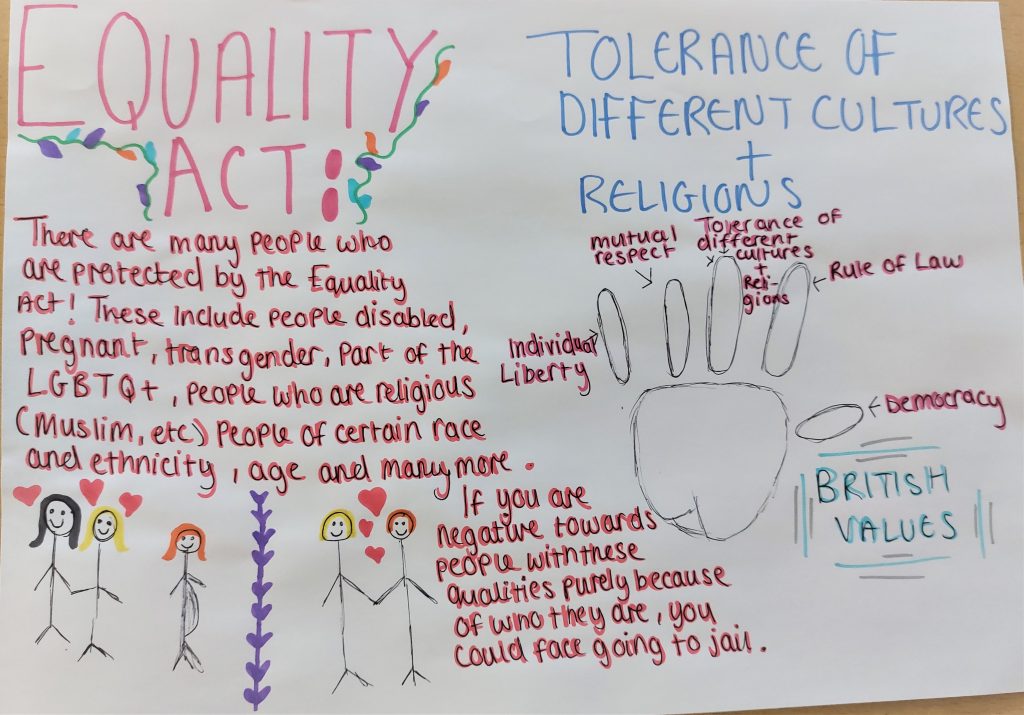
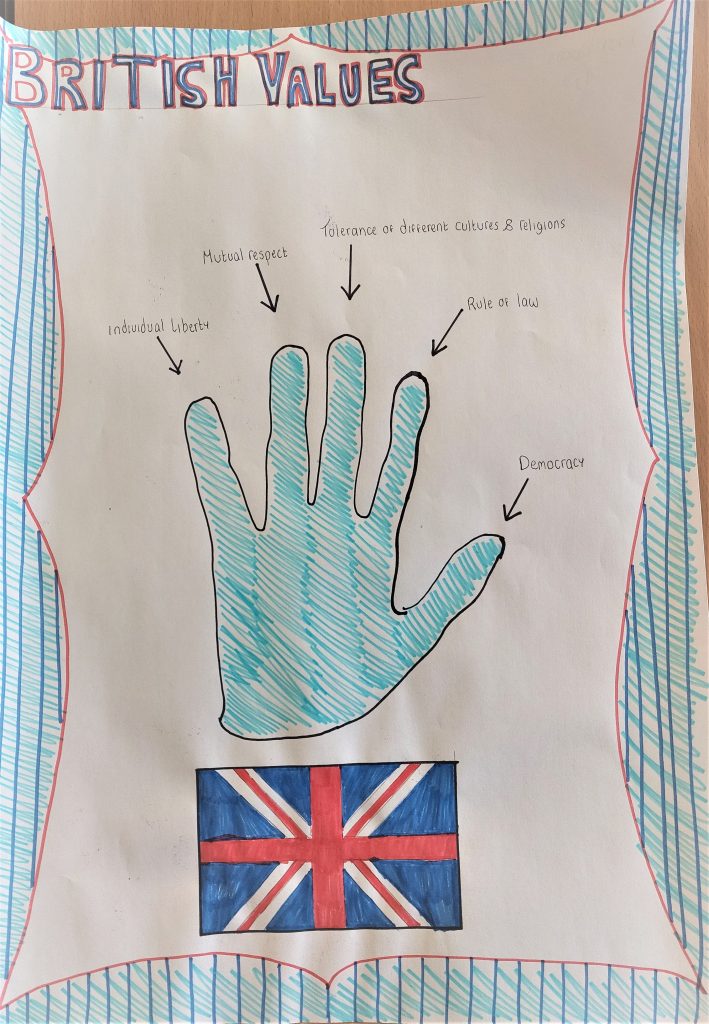
British Values
'We want every school to promote the basic British values of democracy, the rule of law, individual liberty, and mutual respect and tolerance for those of different faiths and beliefs. This ensures young people understand the importance of respect and leave school fully prepared for life in modern Britain' Lord Nash.
At Sandbach High School we seek to educate, equip and empower our young people, and give them a space to find their voice, power and passion; and in doing so we not only promote the British Values explicitly through PSHCE lessons, competitions and displays; but they are embedded in our teaching throughout all curriculum areas (which are highlighted in Schemes of Work) and promoted in our extra curricular activities. We recognise not only the importance of the students understanding what the British Values, and the protected characteristics are, but also recognising their importance and seeing them in practice in our day to day lives in this community.
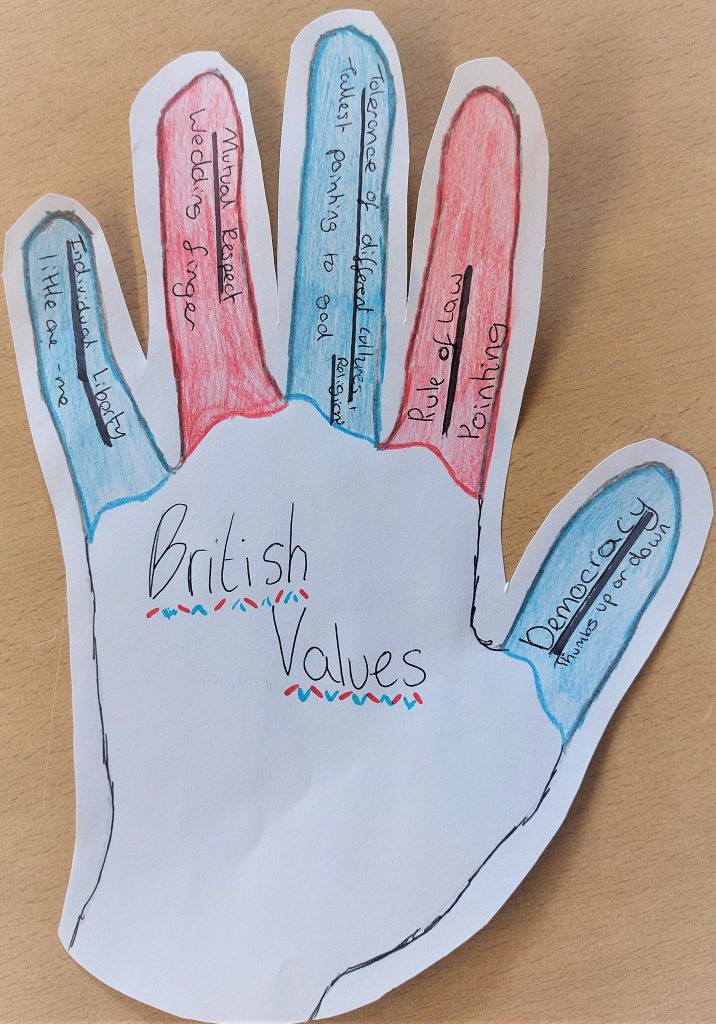
Useful Links
Please see the links below for further information about the RSHE curriculum and the Citizenship curriculum.
Relationships, Sex and Health Education
Five ways to help your child
- Encourage your child to read/watch the news
- Encourage your child to engage with social media accounts such as Simple Politics, Mind, BBC, The Happy Newspaper, thinkuknow, child line
- Try to engage your child in honest dialogue about their life experiences on a regular basis. Talk to your child about their relationships and development
- Encourage your child to access age appropriate youtube content from channels such as Brook, Child Line, Amaze.org, Riseabove
- Encourage your child to express themselves and their reactions to issues in their lives and the things around them.
